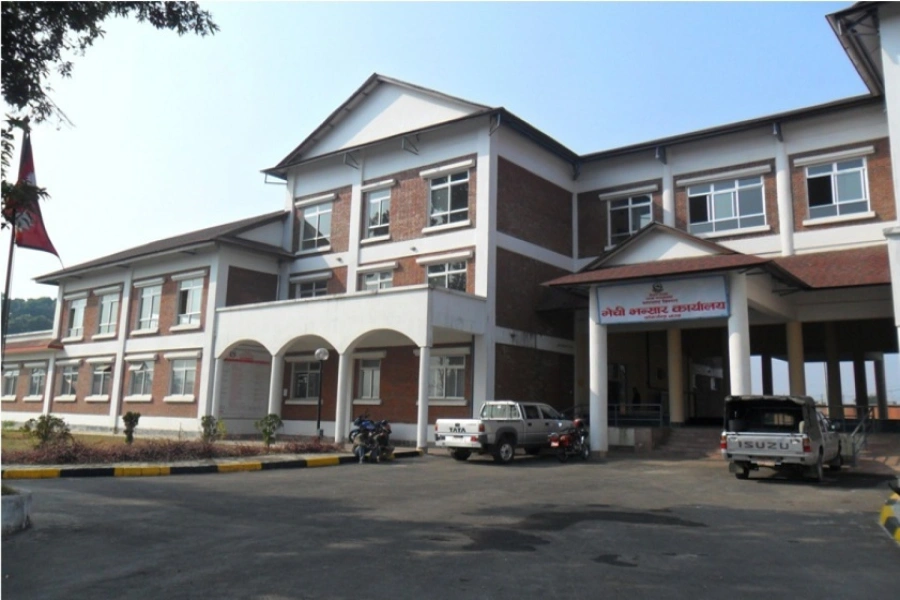KATHMANDU, Dec 28: Prime Minister KP Sharma Oli has sparked a debate with his latest remarks about Nepal's tiger population, suggesting that the country should maintain just 150 tigers, and any excess should be gifted to friendly countries.
His statement came during a speech at the 29th World Climate Conference on Thursday, where he also addressed the growing issue of tiger attacks on the human population. He also argued that Nepal can have just about 30 percent forest cover instead of the current 47 percent of the total land covered by forest in Nepal.
"We are a small country with 350 tigers. This number should be limited to 150. "We cannot allow such a large number to exist by letting them harm people," PM Oli said, while indicating that tigers have created menace to the human settlements.
Human-Tiger Coexistence Amidst Rising Tiger Population

Prime Minister Oli further emphasized that surplus tigers should be sent abroad, challenging the suggestions of foreign experts to increase the number of tigers. "The focus should be on the capacity of our forests," he stated, highlighting that Nepal has designated 17 percent of its land as protected areas for nature conservation.
According to government data, the tiger population in Nepal grew from 121 in 2009 to 355 in 2022, which represents the country's success in wildlife conservation. However, his statement has drawn sharp criticism from wildlife conservationists and environmentalists alike.
Experts argue that such a statement undermines Nepal’s successful conservation model, which has been lauded globally for its innovative approach to protecting endangered species.
Separately, on the topic of Nepal's forest cover, Prime Minister Oli pointed out that the country has expanded its forest area to nearly 47 percent, well above the required 30 percent. He called for global recognition of Nepal's contributions to environmental preservation. "We only need 30 percent forest,” he said, while emphasizing the need for both recognition and international cooperation.
While urging even countries with differing political views to work together to keep the air and nature clean, Prime Minister Oli warned that climate change could negatively impact agriculture and public health and that tackling these issues requires the joint effort of all ministries and stakeholders. He proposed a ‘mountain-to-sea’ concept to mitigate the effects of climate change, citing Nepal's mountains as natural coolers for the atmosphere.






































